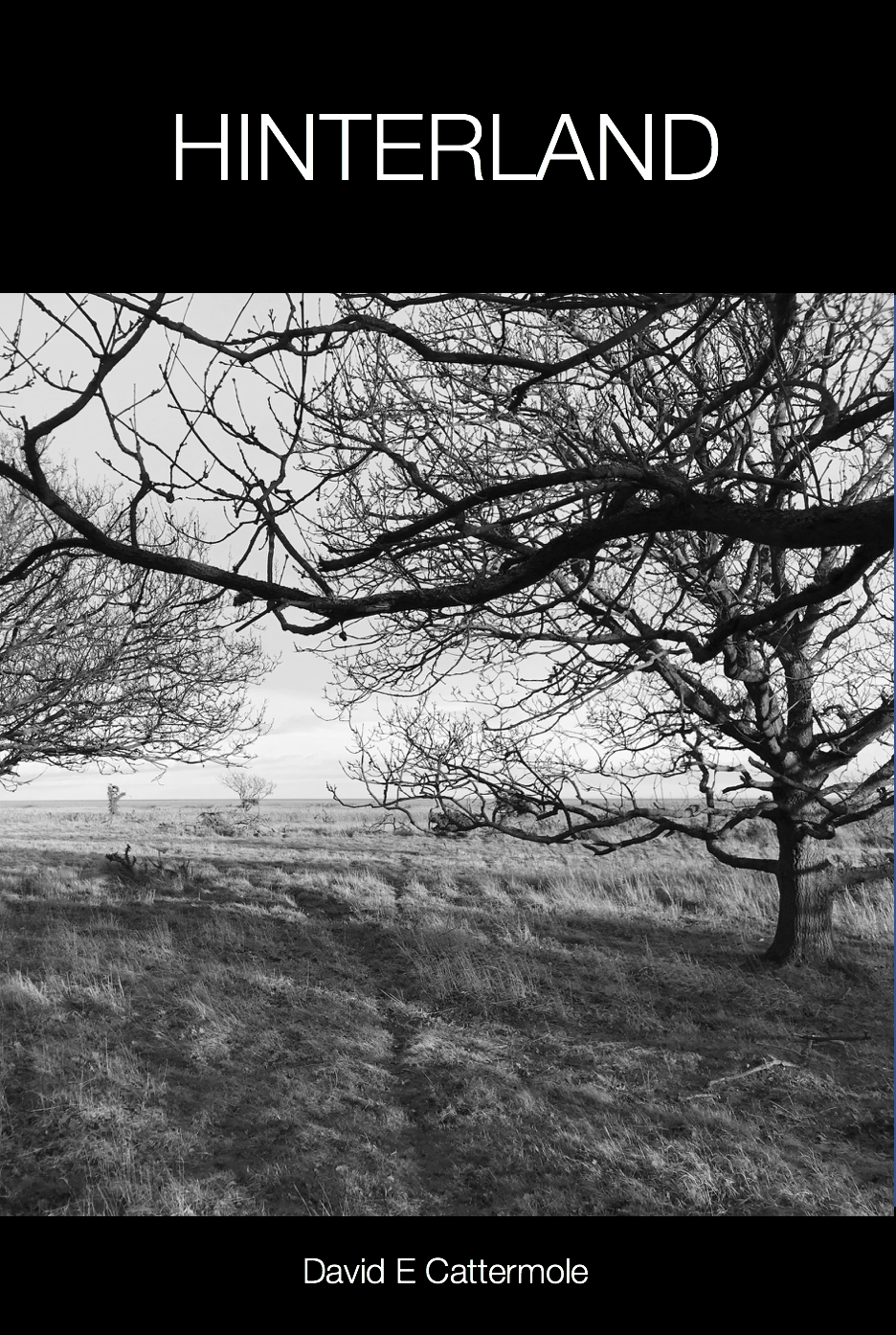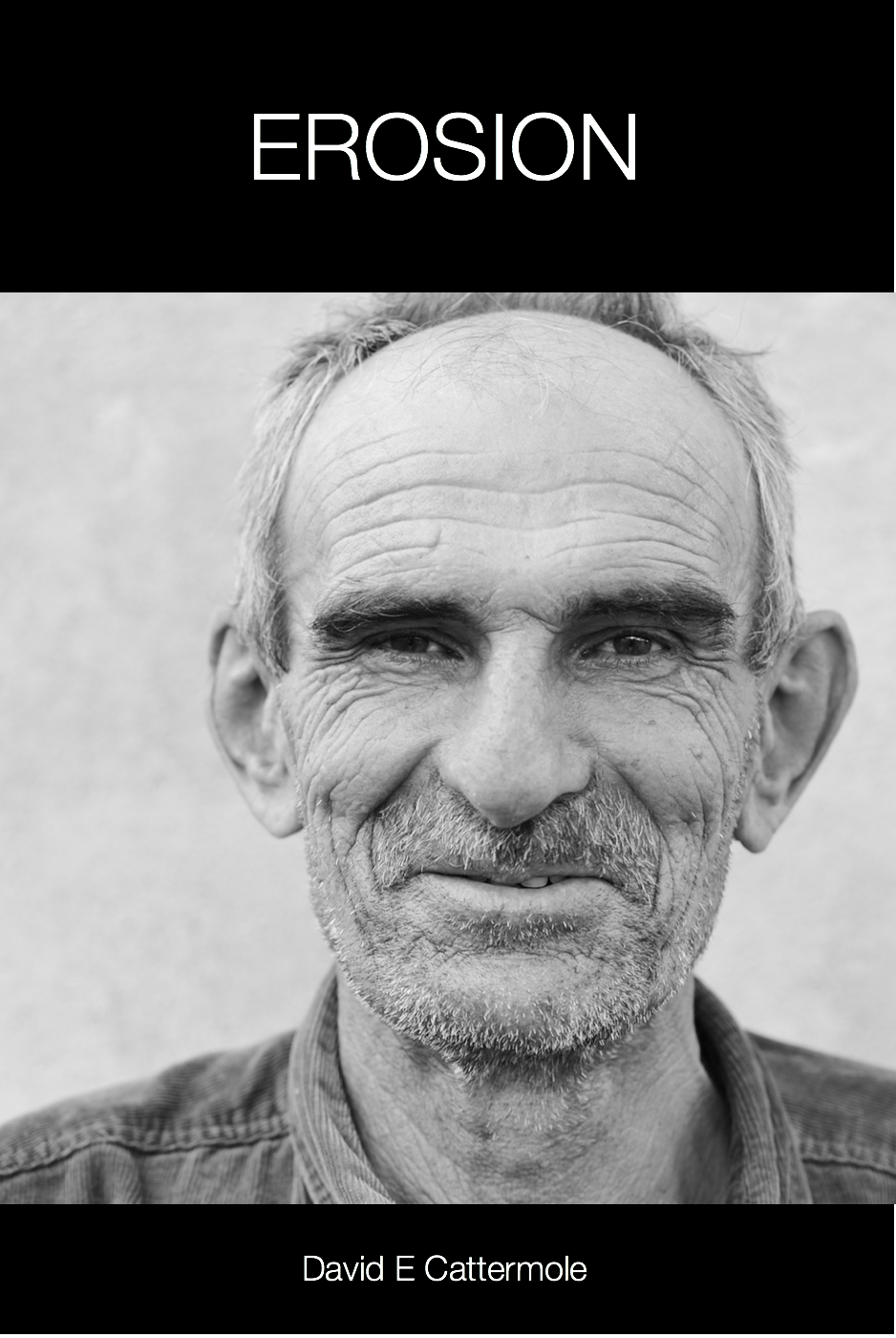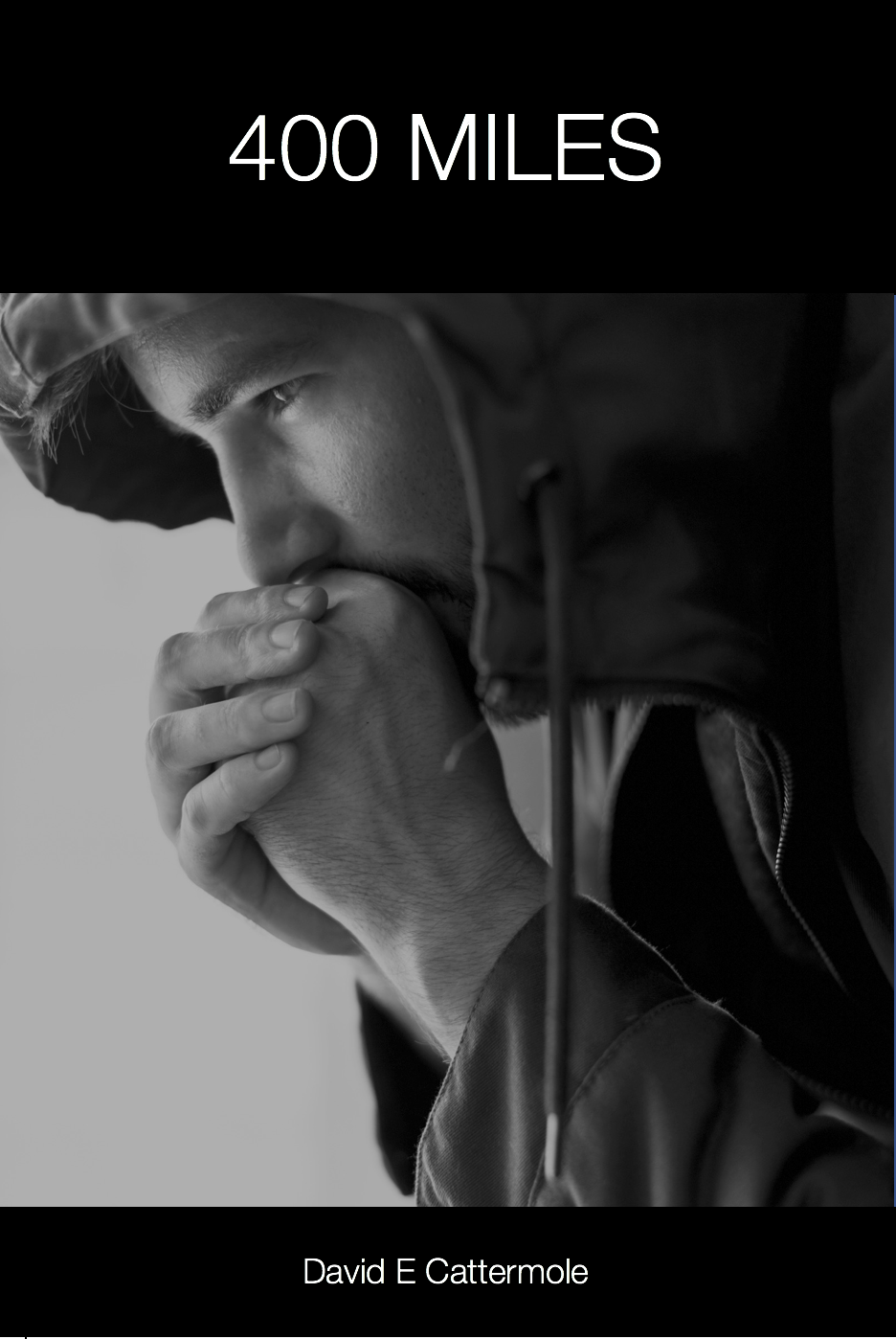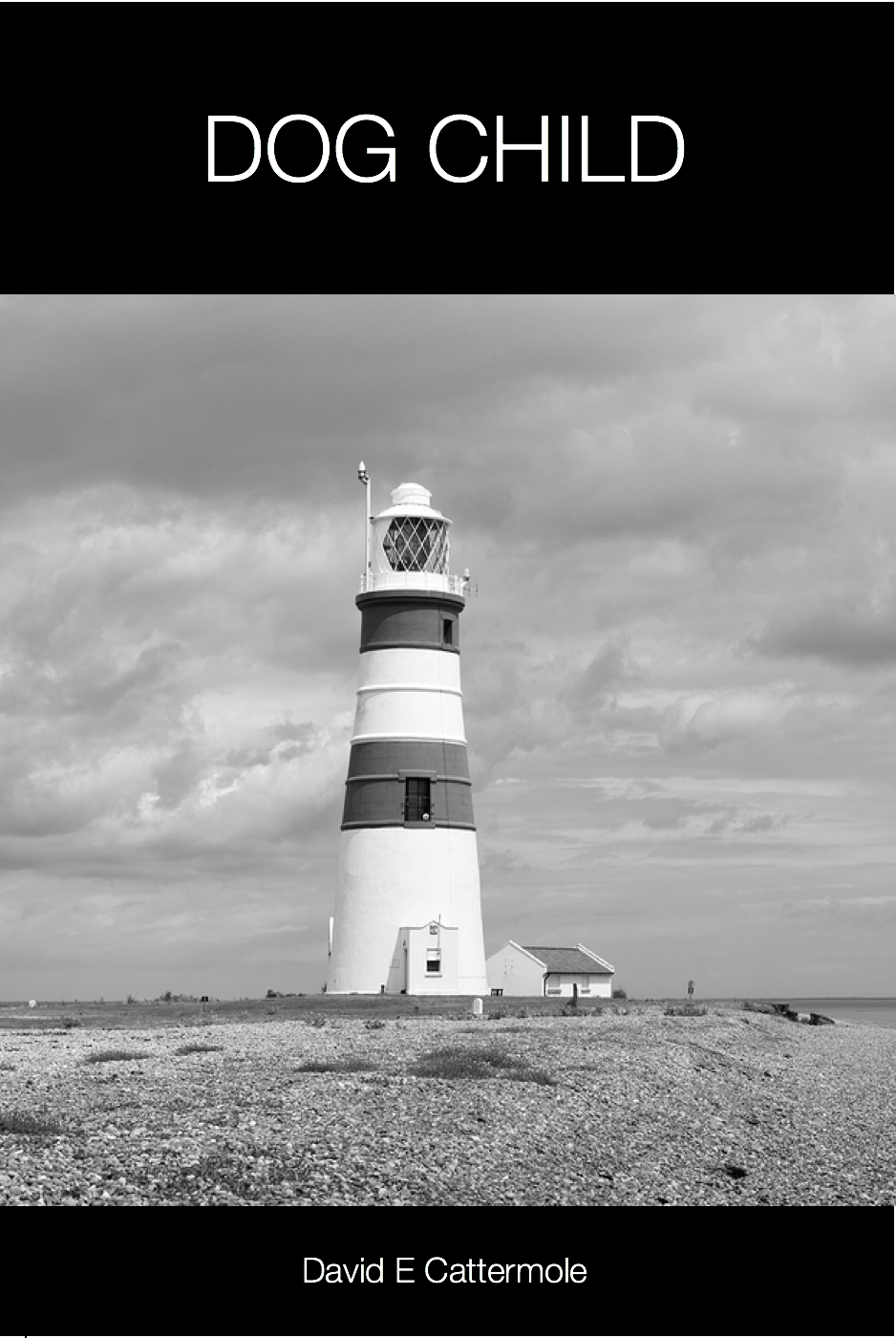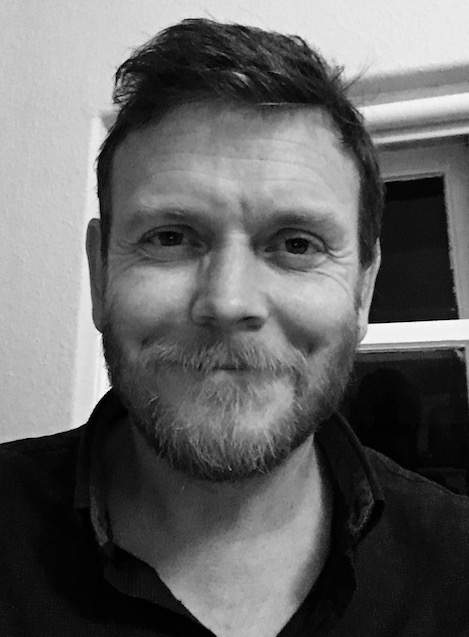DAVID E CATTERMOLE
a writer quietly writing in suffolk
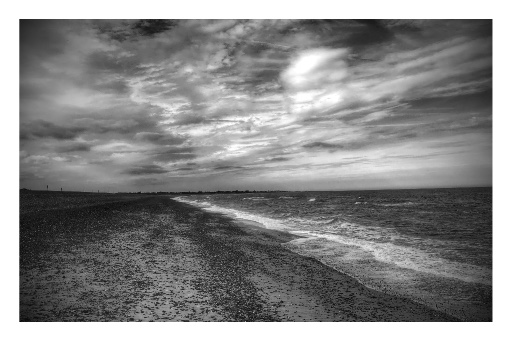
WELCOME
introducing an unpublished writer of fiction and his soon to be self-published wares
My Work
I completed my first novel, Dog Child, in 2004. Now, four novels, an MA in creative writing and a box of rejection letters later, I have finally decided to self-publish. As a first step, I have created this site by way of introducing myself, my work and sharing some of what inspires me to write, some of the stories behind my stories.
Magnus was a bluesman once. So were his friends the street magician and the drifter. When student days in Brighton ended, their band and Magnus’ carefree years continued as Kelly’s Heroes toured the pubs and clubs of London and the South. They drank, they fought, they laughed, they partied and they made their music. Fifteen years later, a very different Magnus, a career obsessed, isolated, thirty-something Magnus, loses his life.
Hinterland is the story of how that Magnus became this Magnus as we walk with him on his journey through an afterlife he is not ready to accept. We learn how love and jealousy, friendship, hope and the pace of life itself shaped his soul. A soul that must face its earthly past if it is to find its way to peace.
Set in the quiet beauty of the north Suffolk coast and buzzing 1990’s Brighton, Hinterland reframes the question ‘what if today was your last day on earth?' by asking ‘what if it had been yesterday?’
Developed as part of my MA at the University of East London with the invaluable guidance of my tutor, Tessa McWatt, Hinterland is my 4thnovel and comes from a growing interest in the impacts of modern living and consumerism on our relationships, on family and on home.
I’m a big fan of the human race. Collectively we’re not perfect and we get it very wrong sometimes, but I believe that - when left in peace - people are compassionate, kind and basically want a good life for themselves and those they love. I think that it's this better part of our nature that leads so many of us into a trap: a pernicious trick that preys on our desire to build a better life for those near and dear to us, but ends up sucking away our time with them. Leaving us focused on a better tomorrow rather than the here and now.
Fortunately, my innate laziness has always acted as a trusty shield against the worst of this, but I think we’ve all seen these nobles scarifies, made with the very best intensions, straining relationships, distancing people and robbing families of time together.Whilst writing Hinterland, I happened to hear a radio interview with a journalist – sadly I don’t recall his name - who had been taken hostage in the Middle East and was talking shortly after his safe return to the UK. He was saying simply that his experience had made him realise that in the end the only thing that really matters are the people you love. This was a galvanising moment for my thinking and the story.
On the night of January 31st 1953, a devastating storm-surge struck the Suffolk coast, claiming the lives of many in its path. The Great Storm and The Floods, remembered to this day by the families of the lost and the communities of these edge lands.
For seven-year old Valentine Norton, it was the night that his constant and unchanging world ended. Valentine finds himself at boarding school far from the shelter of home, with its new world where nothing is safe, nothing is permanent. It is a world with no place for the little boy that was frightened by the storm that night, it is a world in which Valentine must learn to survive, to fight and to grow quickly. It is also a world of promise and friendship, a world that introduces Valentine to his mentor and teacher, Doctor Arnav Bhattathiri, and awakens him to his Dhama: to heal and to care.
For the old man who lives alone by the sea, on edge of the community that for decades have looked to him for advice and guidance, all of this is a life time ago. But for Valentine nothing is forgotten. Erosion is the story of Valentine’s life, woven with echoes of the four asramas, the life stages of Hindu tradition, from the boy who arrived at boarding school to family life, to the retired patriarch passing on his learning to the old man who sits with an ear to the shipping forecast and a weather eye on the horizon.Erosion is my current work in progress, nearing completion of a first draft.
I have always been fascinated by the 'wise old man' archetype. The figure that appears in ancient sagas, mythology, literature and in popular culture to this day. From Merlin advising Arthur, to the magi and sages of so many stories, to the deep inner calm of Hemmingway's Old Man to Yoda and Gandalf. He even appears in my own work without the conscious intent to create him; in ‘Dog Child’ he is a young man with an old soul.
This fascination led me to asking who this man was and wanting to write his story, from youth, perhaps a wayward one, to sagehood, or an old rogue with his flaws and history.
It was when a very good friend told me about the Hindu Ashram system, the four phases of life, as we climbed some Welsh hills that I finally found the structure I wanted, following him through student, householder, retired and final phases of life. Thanks to Will for the walking and the insights.
I also wanted, in my own small way, to give a voice to the fragile and beautiful parts of the Suffolk coast that are dear to me. Precious places that need protecting, but are increasing being marginalised and judged purely on their economic value.400 Miles (in my Dad's boots) is the story of a young man’s attempt to heal himself by stepping out into a struggling world of hardship and hunger from which he has been sheltered.
When half a million square kilometres of the Greenland ice sheet fractures and slides into the North Atlantic, the seas rise over every shore and the world is thrown into chaos. There follows a time when people come together, a generation united in a single great effort to overcome the challenges of this new era. A war effort in a warless time.
Asher is a natural mathematician, born with an exceptional gift for numbers, sequences and patterns. When his gift is called upon he gives all in the name of the technological innovations upon which the world has placed its hopes.
With his work done, Asher is left exhausted and broken, his mind consumed by the mathematics that have become a compulsion that he can no longer control. In a final attempt to quieten his thoughts and heal himself Asher sets out on foot from Cambridge to see the Alpine snows before they disappear. Walking day after day to the channel coast and onward across France he is faced with the realities of our shared nature.I see global warming as the issue of our time. I studied the science of climate change at university, leading to a masters in environmental monitoring and an early career in energy efficiency research. So, it’s no surprise that I’m a supporter of conservation and the careful management of our resources.
However, I always felt that there was a disconnect in the messaging to people, a mismatch in scales and scope: on the one hand, people are asked to take everyday action like switching off lights and recycling, whilst on the other hand, the consequences of not doing these simple things are framed in terms of global catastrophe.
I think for most of us, global glacial retreat and the threat of the Ross Ice shelf collapsing can feel abstract in terms of day-to-day life. So, I wanted to write a story that focused on the impacts of these on home and family, bringing it to people’s doors.
For me there’s always also been another rub. We are a truly ingenious species. Ingenious, but greedy! I believe that it is this hunger for more, coupled with our inventiveness, that pushed us to cross oceans (in search of whatever goodies might be on the other side), made going to the moon inevitable from the moment the first of us looked up and saw it and ultimately led to the climate crisis. For me then, to ask us to change this fundamental nature in our hour of need doesn’t play to our strengths. Yes, conservation is essential, but also innovation and invention to build cleaner and even mitigative technologies, using the ingenuity that got us into this mess to help get us out of it. Hence 400 miles is the journey to Cadarache in France where the much under-funded ITER project is working toward sustainable nuclear fusion. Here, I must give due thanks to my good friend Rob for accompanying me on the road trip across France, ground-proofing the places on route as we indulged in a cheese and wine frenzy.
Finally, I was lucky enough to see Al Gore deliver his Inconvenient Truth live in London and his view of a generation coming together with its hope and positivity stayed with me and I hope found its way into 400 miles.When Charles Stollery’s (Stolly’s) life is interrupted by the sudden death of his father he returns homes only to become suspicious of foul play as sinister secrets begin to unfold. Reunited with a former lover he struggles with the circumstances surrounding his father’s death and his own demons as practitioners of an ancient craft warn that a forgotten evil is stirring. Could these unexplained happenings really be due to some dark power that has risen time and time again through the history of this quiet corner of rural England and could his father have been killed to draw Stolly to it? His battle for answers forces him to face the truth about himself and the lines of his and other old families with fates tied to the living land.
Dog Child is a supernatural thriller that takes you from comfortable life in middle-England to the shadowed heart of East Anglian folklore, its dark secrets, whispered beliefs and the many incarnations of its oldest souls.
Dog Child was my first novel and there was never any doubt over the choice of subject. It was always going to be about the East Anglian folklore that had fascinated and terrified me in equal measure as a child. It was always going to feature the Black Shucks, the burning eyed hellhounds said to prowl the Suffolk coast, the wild men of the sea, the myths and mysteries routed in Norse sagas and pagan beliefs beyond. This is the story that had been evolving in the back of my mind since student days.
From the beginning my aim was simply to share some of these tales with people, bringing them together in a contemporary setting and have some fun with them.
My thanks here to my good friend Simon, as boys we kept these stories alive as we talked in the dark and scared the piss out of each other.Darkness has risen and fallen time and time again. The endless struggle from the sea to the land. A pattern repeated, lifetime after lifetime, age after age. Always there is deception, always there is betrayal. Betrayal is the key.
As tells of evil appear across the land and Cro waits for the Land to give up a prophet to guide him against this rising tide, Stolly’s awakening begins to lift the veil on lives lived and his suspicions grow. Could he have been manipulated from the beginning? Are his memories true of fake, was he the betrayer in the past, is his soul always the betrayer or are the timeless bonds to Cro’s soul unbreakable? Stolly must search inward for answers if he is to bring the fight to his true foes and deliver his friends.
Indigo Child is the sequel to Dog Child, continuing the struggle for balance across the living land within which its oldest souls are locked.
My second book and sequel to Dog Child. Indigo carries on the indulgence of childhood stories about the things that live in the dark. Introducing the wildmen of the sea and nature's spies together with pagan tales of rebirth.
Indigo Child also includes a glimpse of how the first people lived on the land we now share. This was inspired from a climbing trip in the Swiss Alps when we found ourselves close to the Wildkirchli cave system where there is evidence of habitation dating back 40,000 years. I found myself imagining the march westward and journey across Doggerland to East-Anglia that these ancient peoples must have taken.
About Me
I am an unpublished writer embarking on the journey of self-publication. I've always been a story teller and for me writing became a serious hobby during university days, studying sciences at the University of Brighton and then going on to a masters at the University of East Anglia. I’m a child of the 70s, with all the psychological and cultural baggage that goes with it. I grew up in Suffolk close to where I now live with my wife and our two sons. I’m a keen walker and I draw inspiration for my writing from the landscapes and people around me. Having lived in Brighton and then London in early working days, these settings also tend to find their way into my books.
I completed my first novel, Dog Child, in 2004 and after two further novels I decided it was time to seek help and invest in the craft of writing to up my game, so I jumped ship from sciences to arts, and studied part-time for an MA in Creative Writing at the University of East London. Consequently, I have chosen to begin self-publishing with my fourth novel ‘Hinterland’, which was developed during my time at UEL. My plan is then to apply the training and guidance from UEL to my earlier works as I edit and prepare them for publication.
My favourite writers and subsequently influences, are (in no particular order and with no endorsement of any political views they may have held in their day): Ernest Hemingway, Agatha Christie, Cormac McCarthy, Henry Williamson, George Orwell, John Steinbeck, Rudyard Kipling, Ursula K. Le Guin, Sebastian Faulks, Margaret Atwood, Charles Dickens, Christopher Somerville, Roger Deaken, Raymond Chandler, Oscar Wilde, John Wyndom, Joseph Conrad, Daphne du Maurier, Iain Banks, Leo Tolstoy (honestly), William Morris, C.S. Lewis, John le Carré, Jean Giono, Kiran Desai, Eowyn Ivey, Jules Verne, Robert MacFrlane, E.M. Forster, Jean Rhys, Margaret Craven, Yann Martel, Aldus Huxley, John Fowles, Luke Sutherland.
Copyright David E Cattermole 2024
